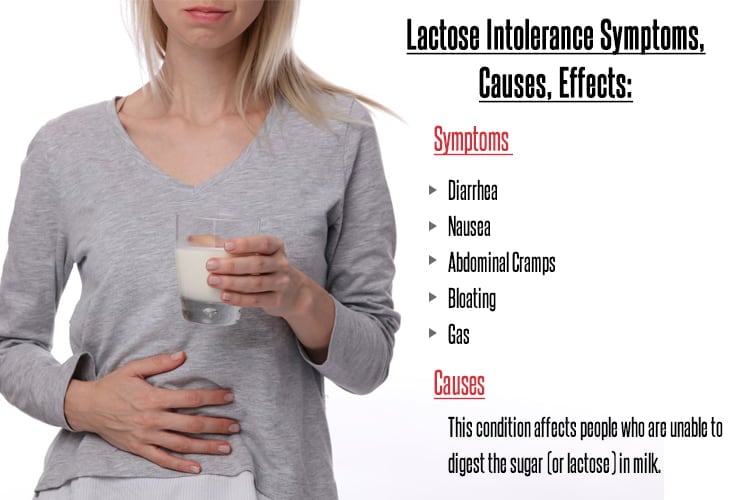
There is a difference between milk lovers and those who can’t digest milk. The former are lactose- tolerant whereas the latter are lactose-intolerant. Which category do you fall in? Do I see only kids saying NO when it comes to drinking milk or even adults? In both the situations, it is time to know lactose intolerance symptoms, causes, effects.
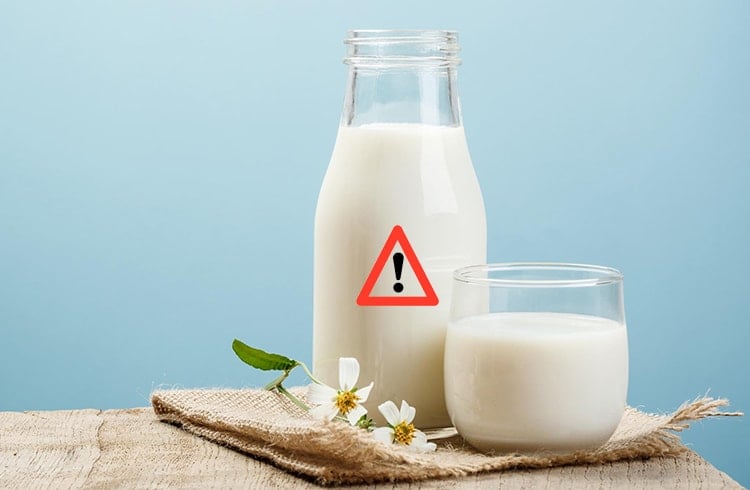
Causes Of Lactose Intolerance:
What causes lactose intolerance? Any clue? This condition affects people who are unable to digest the sugar (or lactose) in milk.
And when does that happen? When the small intestine in the human body fails to produce enough of lactase enzyme to digest milk sugar i.e. lactose.
If you are deficient in lactase, then the lactose in your food does not get processed and absorbed and moves into the colon instead. Once in the colon, the bacteria make use of the undigested lactose, thereby triggering the lactose intolerance symptoms. Although this condition is harmless, just the symptoms and after-effects get to be pesky and troublesome.
There are two types of lactose intolerance –
- The Primary stage where lactase production reduces drastically in your body. This makes it difficult for the digestion of milk products to happen as one enters the adulthood phase.
- The Secondary stage happens when the lactase production is adversely affected due to the following factors – illness, injury or surgery of the small intestine.
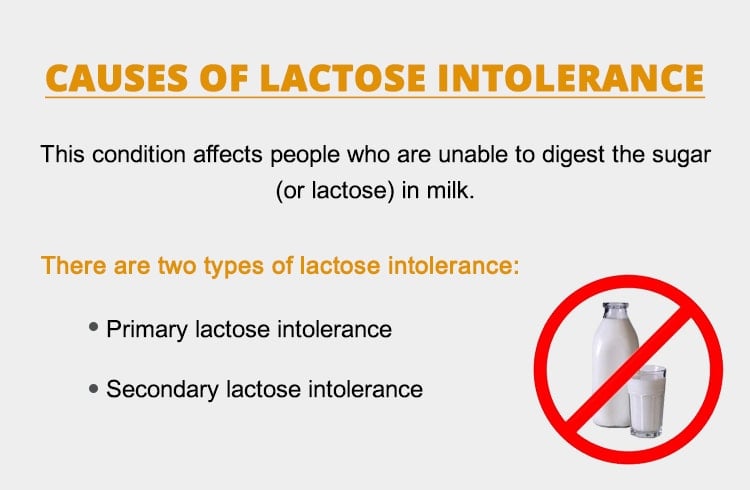
Symptoms Of Lactose Intolerance:
The lactose intolerance symptoms are simple to identify. If you are eating or drinking foods that contain lactose, then the signs of intolerance will begin to show up 30 minutes to 2 hours after consumption.
The lactose intolerance effects In a nutshell are:
- Diarrhea
- Nausea
- Abdominal Cramps
- Bloating
- Gas
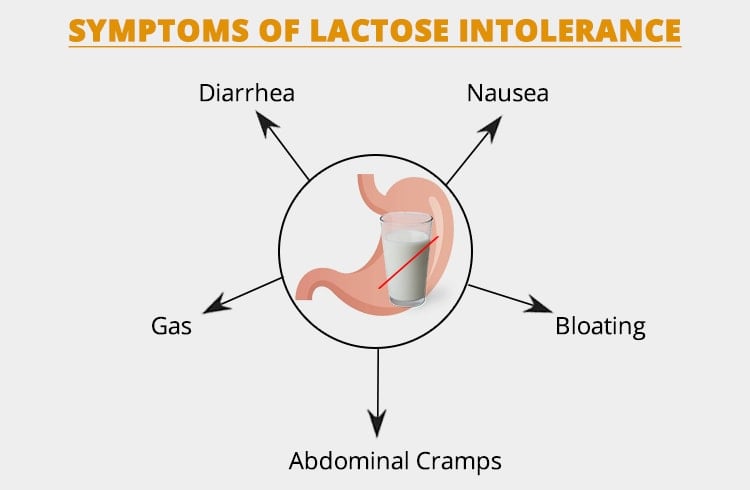
What about Constipation? No, it is not a sign of lactose intolerance.
Risk Factors Related To Lactose Intolerance:
Apart from knowing lactose intolerance symptoms and causes it is equally important to know the factors that can make you or your child prone to it.
- Increasing age: Uncommon in babies and children, lactose intolerance usually happens in adulthood.
- Ethnicity: Intolerance towards lactose is common among Africans, Asians, Hispanics, and people of American Indian descent.
- Premature birth: Babies born prematurely are likely to have reduced levels of lactase. That’s because the small intestine of unborn babies develops lactase-producing cells only in the third trimester.
- Ailments of the small intestine: Problems with the small intestine such as bacterial overgrowth can cause intolerance towards lactose.
- Cancer treatments: Patients who have undergone radiation therapy in their abdomen for cancer treatment or have developed intestinal complications as a result of chemotherapy stand an increased risk of developing lactose intolerance.
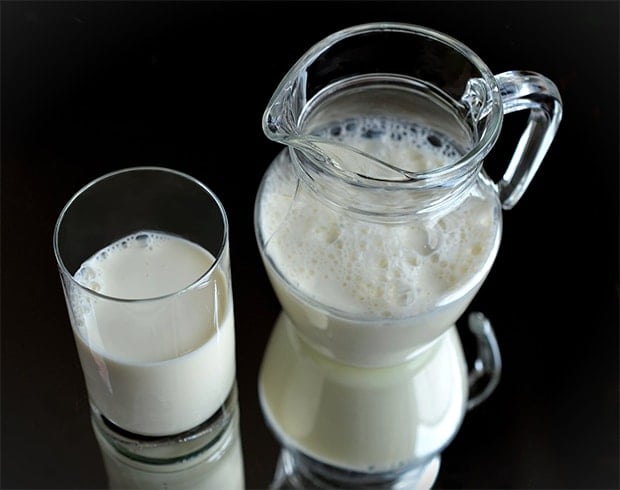
Lactose-Rich Foods To Avoid:
Having learned all about lactose intolerance symptoms, causes, effects now you need to know about the foods that you should skip if you are suffering from the condition. Mentioned below are the examples of food products that may contain lactose and need to be avoided:
- Bread
- Baked goods
- Processed breakfast cereals
- Instant foods, soups, and breakfast drinks
- Margarine
- Lunch meats (except those that are kosher)
- Salad dressings
- Candies
- Chips and other processed snacks
- Mixes for pancakes, biscuits, and cookies
- Soft cheese
- Milk
- Nondairy whipped toppings
- Nondairy liquid and powdered coffee creamers
It is vital that you as a smart shopper read food labels with care. Look beyond the words like “milk” and “lactose” in the contents. Watch out for words such as whey, curds, milk by-products, dry milk solids, and nonfat dry milk powder. If the food label has any of these words, then the food item contains lactose and should be therefore skipped by those who are lactose-intolerant.
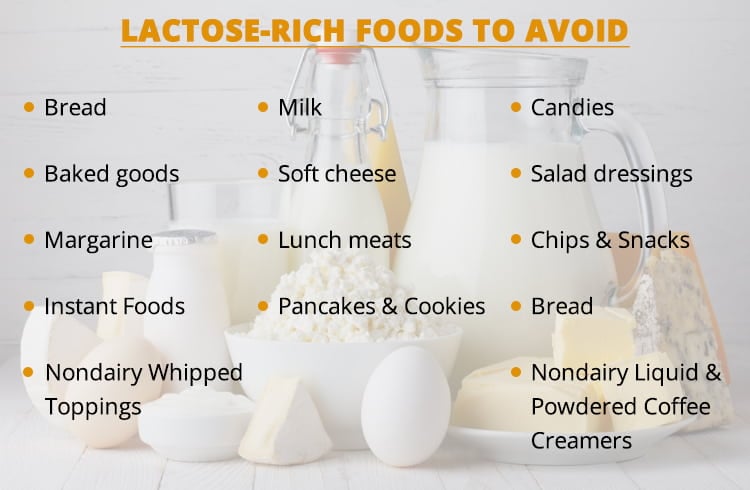
Is Lactose There In Drugs or Medications?
Apart from food sources, lactose can be present in medicines. In fact, lactose is used as a base for making several prescriptions and OTC medications. Some tablets used for treating acidity and flatulence and many types of birth control pills contain lactose. It may be noted that these products do not affect one and all, but only people down with severe lactose intolerance.
In addition to yogurt, another milk substitute available which can be considered is Soy and Rice milk.
Those of you who are intolerant to even small amounts of lactose should strictly avoid any purchased product containing the milk sugar.
Bear in mind that when you substitute whole milk or yogurt for non-fat milk, it doesn’t reduce the lactose intolerance symptoms. You have to be very strict with the way and form that you consume lactose.

What About Calcium And Vitamin D Supplements:
We know the best sources of calcium in foods? Undoubtedly it is milk and milk products. No wonder, calcium deficiency can be one of the major side effects of lactose intolerance. This can increase the risk of bone fractures and osteoporosis. As a preventive measure, the body needs to be beefed up with calcium and Vitamin D supplements.
If you think you suffer from lactose intolerance please consult your physician or nutritionist to change your diet accordingly.
Hope your knowledge of lactose intolerance symptoms, causes, effects went up many times and made you more informed about it. Do write in your comments and tell us.
